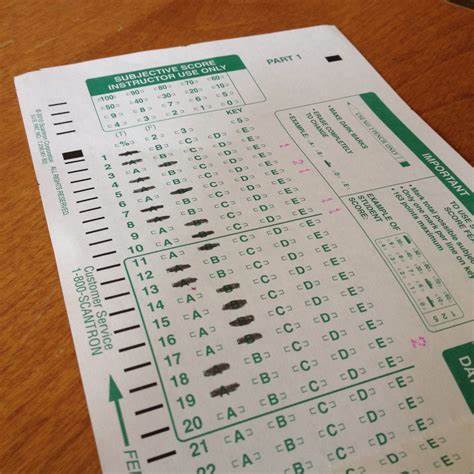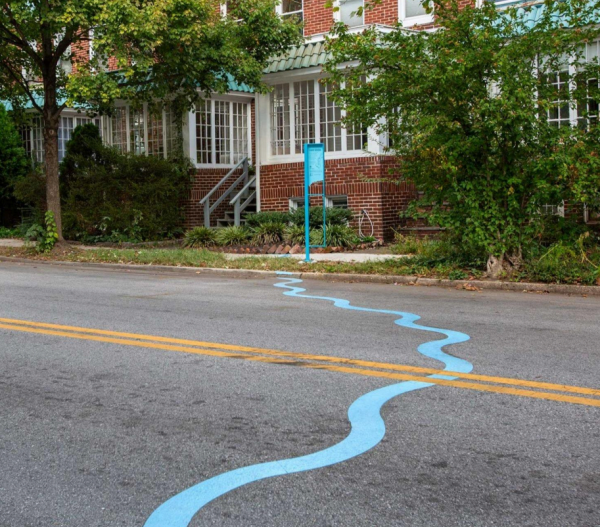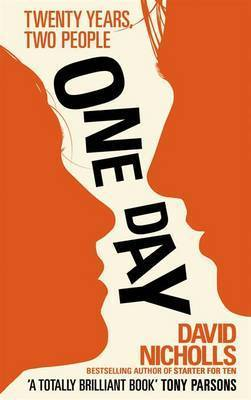Procrastination: What is it and how can I stop?

Procrastination is something we have all heard of and done. It’s estimated that 80-95% of college students engage in procrastination, and 50% do it consistently and problematically. It’s a damaging behavior that so many of us cannot stop. People spend so much time stuck in this cycle, and it prevents them from reaching greater achievements.
Wait, so what’s happening in my brain?
Procrastination is a battle between two parts of your brain: the prefrontal cortex and the limbic system. The prefrontal cortex controls your decision-making and cognitive thinking, while the limbic system contains the pleasure center. Doing things that you find more fun often wins out, since the limbic system is said to be stronger. While you may intend to do tasks that you need to complete, the battle is frequently lost. A study from 2018 also showed that those who tend to procrastinate had a larger amygdala, which is the part of your brain that controls and processes emotion. Also, a study that is featured in Psychological Science showed that 46% of procrastination tendency can be due to genes. So that means if one of your parents was a procrastinator, there’s a chance that you will be as well.
What if I work better under pressure?
Some may believe that procrastinating works for them; however, it is a self-deprecating behavior that is ultimately not efficient.
“Procrastinators end up suffering more and performing worse than other people.” says Dianne Tice of Florida State University.
Procrastination has been proven to lead to poor academic performance and puts more stress on you. Generally, if you do a project an hour before it’s due, it won’t be your best work. You’ll be under pressure and can miss out on small details that can cost you. Procrastination is self-defeating and prevents you from making ample progress.
How can I stop procrastinating?
There are numerous ways to help yourself be more productive, no singular one being a universal correct solution. However, there are some methods that many claim to have significantly helped them. You can start by managing your energy. After having done something draining all day, set aside some time to recharge. Afterwards, resume doing what you need to get done. Or, while recharging you can get simpler tasks done. You could also try making lifestyle changes that will give you more energy. For example, turning off your phone at night and going to bed at a reasonable time. Something else that may help is breaking up your work and setting specific deadlines to get each piece done. Lastly, you can change your environment. Instead of doing homework in bed, try to work at a place where you can be more productive, like a desk.
In conclusion, procrastinating can only hurt you. It is a self-damaging behavior that prevents you from achieving greater things. It’s important to attempt to limit procrastinating, and in doing so you can set up positive habits that will help you in the long run.
























